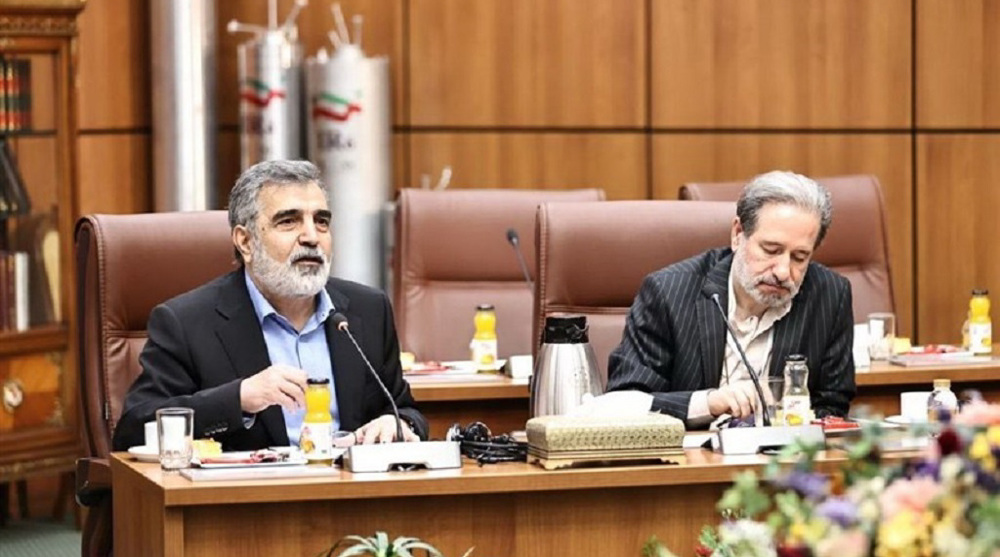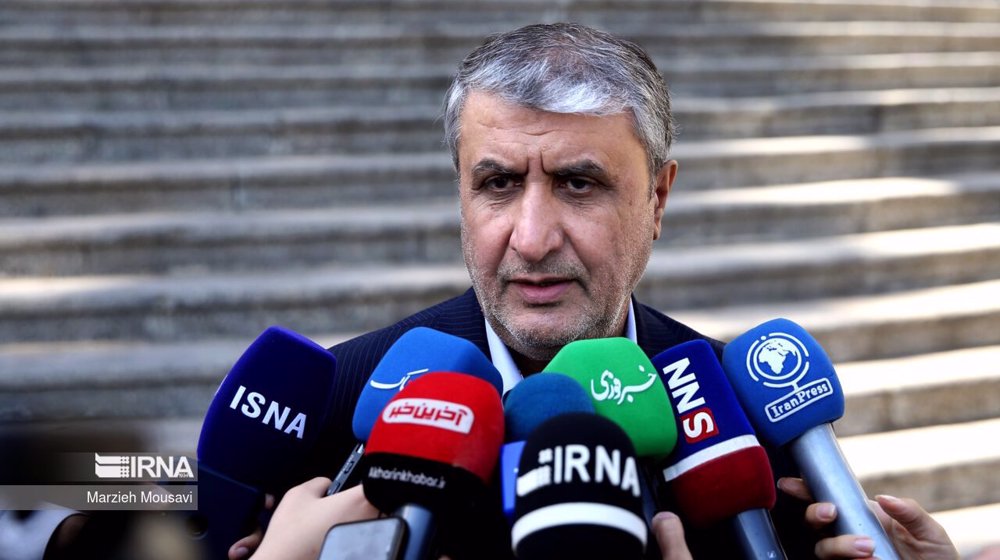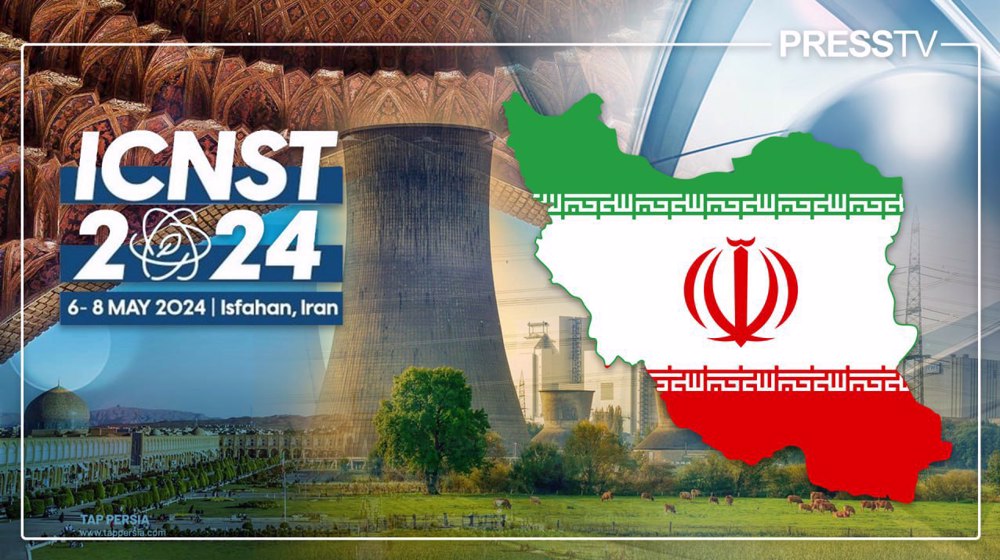Russian envoy: Interference in JCPOA revival talks inadmissible
The Russian ambassador to international organizations in Vienna says all the parties involved in the negotiations for the revival of Iran’s landmark nuclear deal, officially known as the Joint Comprehensive Plan of Action (JCPOA), understand that any external interference in the talks is "inadmissible."
Mikhail Ulyanov made the remarks in a Sunday tweet in Russian, in which he first announced that the Board of Governors of the International Atomic Energy Agency (IAEA) will hold a major session tomorrow, with Iran’s nuclear program high on the agenda.
7 июня открывается сессия Совета Управляющих #МАГАТЭ с обширной повесткой дня. Среди прочего, будут рассмотрены два не очень благоприятных для #Иран доклада Гендиректора. Но особых всплесков не ожидается. Все понимают недопустимость помех для венских переговоров по #СВПД
— Mikhail Ulyanov (@Amb_Ulyanov) June 6, 2021
He added that during its Monday session, the 35-member Board of Governors plans to discuss extensive issues, including the latest two reports of Director General Rafael Mariano Grossi that “are not very favorable for Iran.”
“But no big spikes are expected. Everyone understands the inadmissibility of interference with the Vienna talks on the #JCPOA,” the top diplomat, who heads the Russian delegation to the Vienna talks, tweeted.
In its quarterly report that the IAEA released on May 31, it outlined how Iran had reduced its nuclear commitments in several key areas, including the extent of its enriched uranium stockpile. According to the report, the Islamic Republic has increased its stockpile of the material to about 16 times the limit that has been specified in the JCPOA.
The IAEA issued a second quarterly report on Iran alongside the main report on the so-called still-unexplained uranium traces.
In the report, the IAEA chief expressed "his concern over technical discussions with Iran," which "have not yielded the expected results."
In May 2018 and under former President Donald Trump, the United States withdrew from the landmark nuclear deal, which was signed by Iran and major world powers in 2015. Trump also initiated a “maximum pressure” policy against Iran, prompting Tehran to take remedial measures by gradually reducing its nuclear commitments under the deal.
President Joe Biden has said Washington is willing to return to the pact if Tehran first suspends its countermeasures.
Iran has insisted that it would observe its commitments only after the US removed all the sanctions in one step, and Tehran could verify the removal.
Since April, representatives from Iran and the P4+1 group of countries – Britain, France, Germany, Russia and China – have been engaged in talks in the Austrian capital aimed at revitalizing the JCPOA and bringing Washington back to compliance.
The United States has appointed a delegation in Vienna but it is not attending the Joint Commission talks directly as Washington is no more a party to the JCPOA.
Speaking to reporters at the end of the fifth round of talks between Iran and the P4+1 group of countries on Thursday, Iran’s Deputy Foreign Minister Abbas Araqchi said certain important issues still remain to be hammered out by Tehran and its partners in the JCPOA before they can reach an agreement on a potential revival of the accord.
“It is not us but… the signatories to the JCPOA and the United States that must… make their own difficult decisions and adapt themselves to the position of the Islamic Republic,” said the head of the Iranian delegation to the Vienna talks. “If this happens, we can naturally reach an agreement. Otherwise, we will either have no agreement or hold more consultations.”
VIDEO | Israeli disputes amid escalation of resistance
Jordan calls for international investigation into Israeli ‘war crimes’ in Gaza
Hezbollah pounds Israeli espionage devices, military outposts near border
Helicopter carrying President Raeisi makes 'hard landing' in NW Iran
Palestinian shepherds suffocating as Israeli settlers steal more lands: Report
Palestine women’s team scripts history with 1st game in Europe on Nakba Day
Raeisi: Iran-Azerbaijan ties stronger than mere neighbors
'Israel must be held accountable for crimes against Palestinian athletes'












 This makes it easy to access the Press TV website
This makes it easy to access the Press TV website